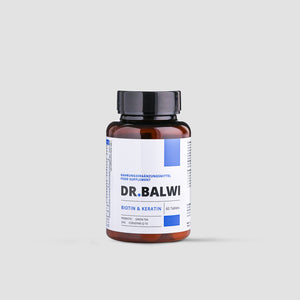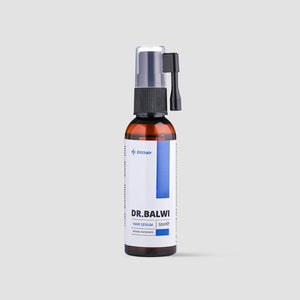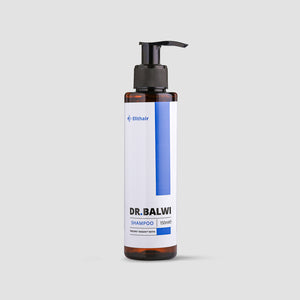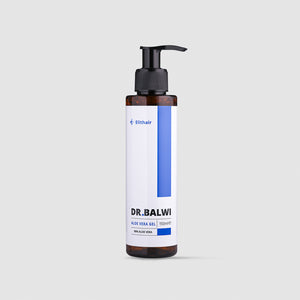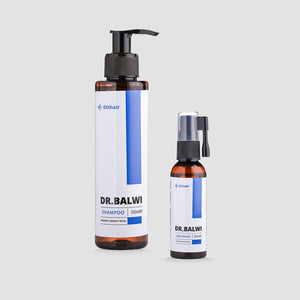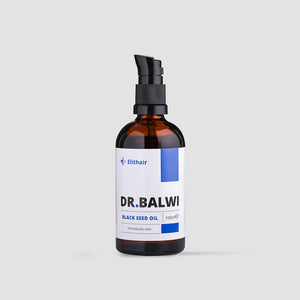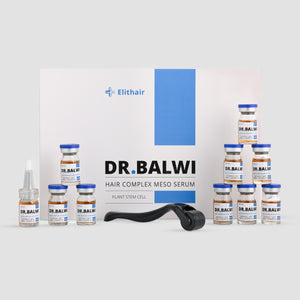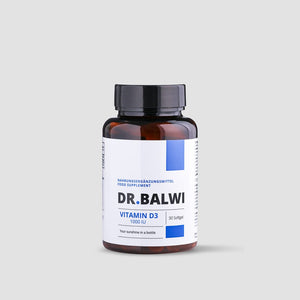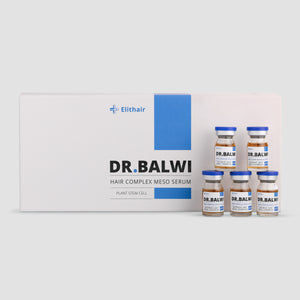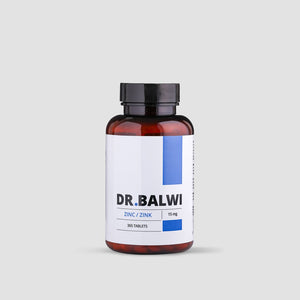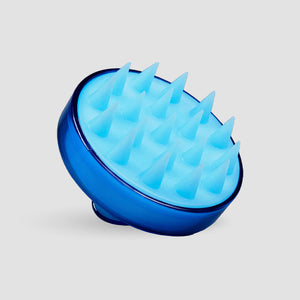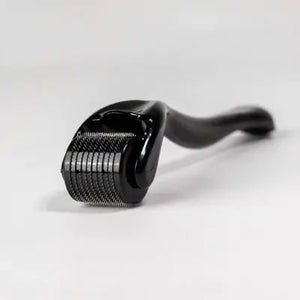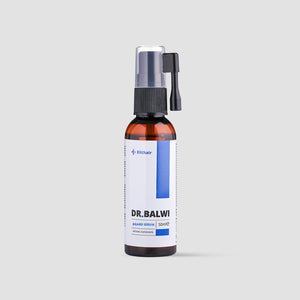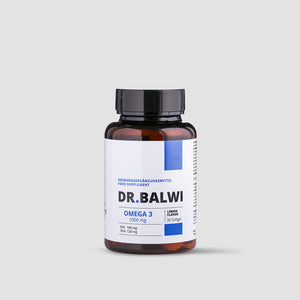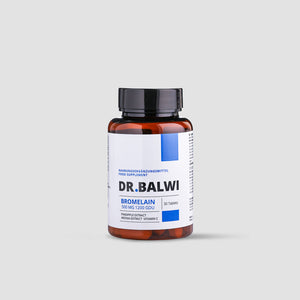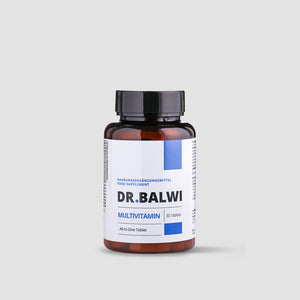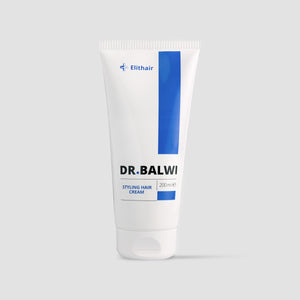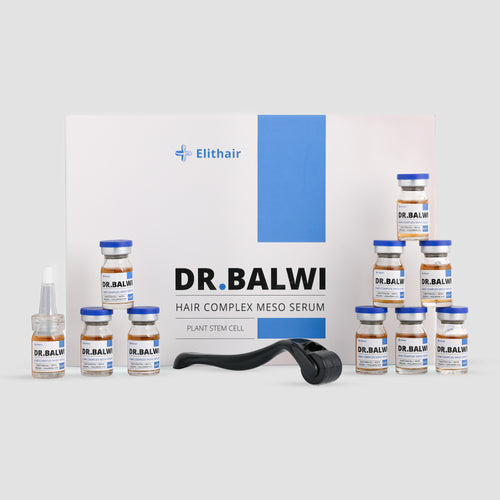
Ulcerative colitis - hair loss as a side effect?
Table of contents
- Why can hair loss occur with ulcerative colitis?
- Nutrient deficiency affects actively dividing hair follicles
- Strain, stress, medication
- Hair is falling out - what to do?
- Dead hair cells are irreversibly damaged
- Hair transplantation enables new hair growth
- The circumstances of ulcerative colitis can promote hair loss
Why can hair loss occur with ulcerative colitis?
Ulcerative colitis, often also called Crohn's disease , is a chronic inflammatory bowel disease . It is characterized primarily by persistent inflammation of the intestinal mucosa of the colon.
The exact causes are not yet fully understood. However, it is assumed that there is an increased immune reaction against the intestinal flora. This immune reaction appears to be genetically determined.
Inflammatory bowel disease often leads to deficiencies in various nutrients , minerals and vitamins, in addition to other symptoms.
Nutrient deficiency affects actively dividing hair follicles
The hair follicles on the head are among the most proliferating cells in the human body. Therefore, a very high metabolic rate is required to maintain a healthy hair cycle.
This metabolic process, in turn, requires many different nutrients, trace elements, and vitamins. The human body cannot store many of these important substances, so a constant supply is necessary .
It is therefore particularly important for people suffering from Crohn's disease to ensure they have an adequate supply of nutrients.
This deficiency could lead to hair loss over time. However, whether ulcerative colitis
However, it is unclear whether hair loss is related to the disease itself. Other factors associated with the condition could be responsible.
Strain, stress, medication
In addition to the stress caused by the disease itself, circumstances can also be responsible for hair loss.
Medications taken to treat the disease can trigger hair loss. For example, hair loss in Crohn's disease is caused by Salofalk , a commonly prescribed medication.
In addition, dealing with the condition is very stressful and demanding for those affected. The result of this strain is often stress-related hair loss, which is a well-known phenomenon.
Hair is falling out - what to do?
Often, the necessary nutrients cannot be properly absorbed through the intestines due to the chronic inflammatory disease and are lost from the body. A healthy and balanced diet is very important.
The problem is that many foods that contain important trace elements such as iron or copper are not easily digestible or tolerated by sick people.
If the need for nutrients, trace elements and vitamins cannot be met through food, taking various supplements can help to bring the hair cycle back into balance.
Dead hair cells are irreversibly damaged
With a sufficient supply of the necessary nutrients, hair loss caused by ulcerative colitis will resolve itself over time. This becomes problematic if your hair roots have been deprived of nutrients for too long . In this case, the roots may become irreversibly damaged and die.
Once this happens, there's no way to stimulate hair growth with supplements. The dead hair roots can never produce new hair again .
But even in this situation, there's no need to despair. A hair transplant is a very effective and permanent method for promoting new hair growth in bald areas.
Hair transplantation enables new hair growth
For those suffering from hair loss as a result of Crohn's disease, the loss of hair is an additional major burden in addition to the chronic inflammatory bowel disease, which often leads to psychological problems.
This is partly due to the fact that full hair has always been considered a beauty ideal , symbolizing vitality and strength. Hair loss makes the consequences of the intestinal disease clearly visible, even to outsiders.
Hair implantation can help you escape this vicious cycle. At Elithair, we exclusively use the proven FUE method , which allows for the precise extraction and transplantation of individual follicular units.
The latest methods and advanced procedures ensure a natural and aesthetically pleasing final result. Scars are barely visible, and outsiders won't be able to tell that you've opted for a hair transplant.
Dr. Balwi from Elithair is a true expert in this field and has already helped several thousand clients achieve a full, new head of hair.
Conclusion: The circumstances of ulcerative colitis can promote hair loss
People suffering from Crohn's disease struggle with a wide range of symptoms . In addition, the conditions of the intestinal disease can lead to thinning and even hair loss over time.
In severe cases, hair loss is permanent , causing significant distress. However, if you suffer from hair loss as a result of ulcerative colitis, there is an effective solution to permanently fill in the bald patches: hair transplantation.
The experts at Elithair are always available to advise you and explain your options.

